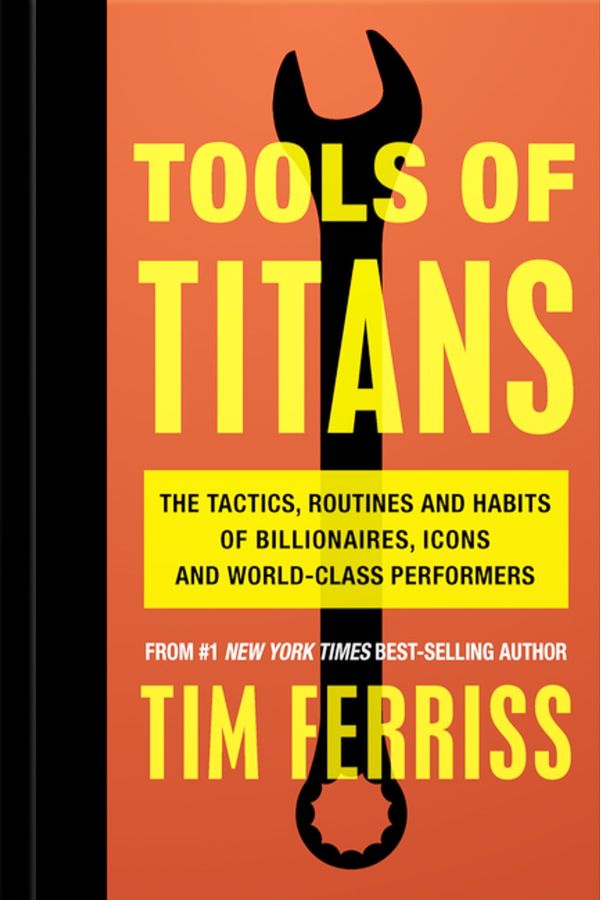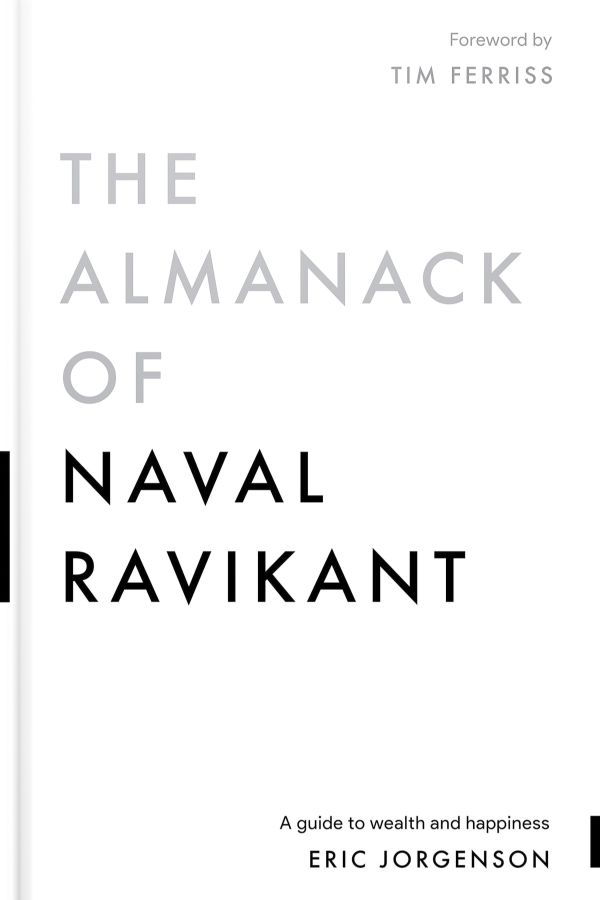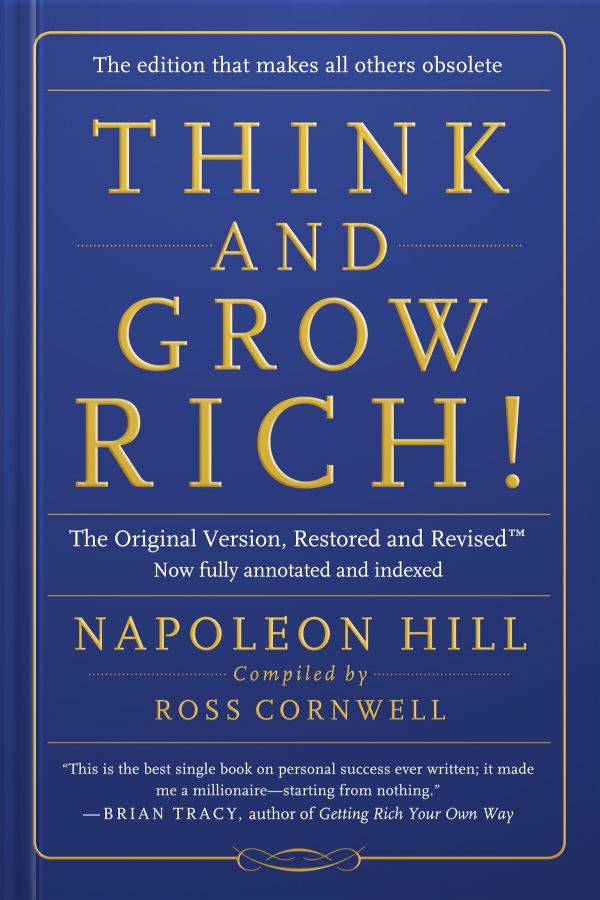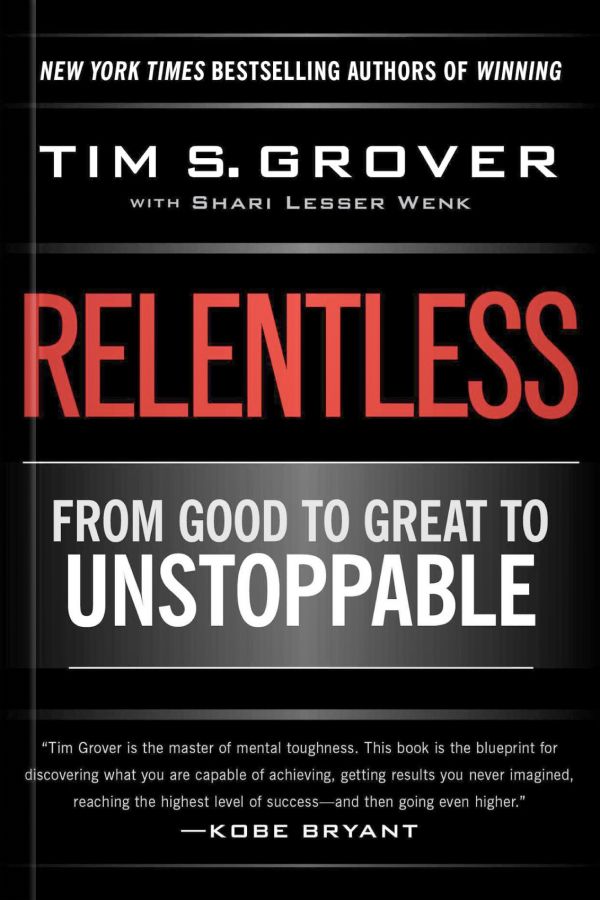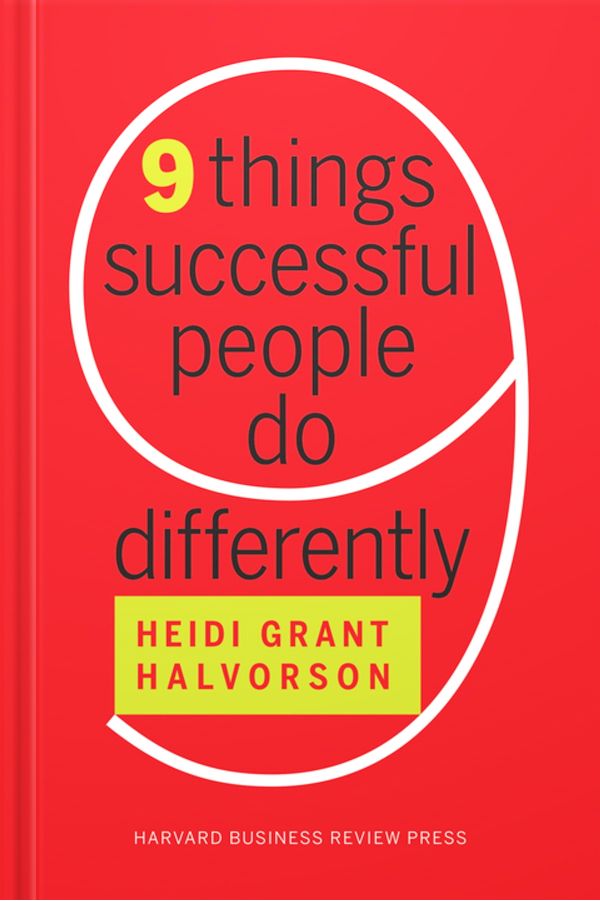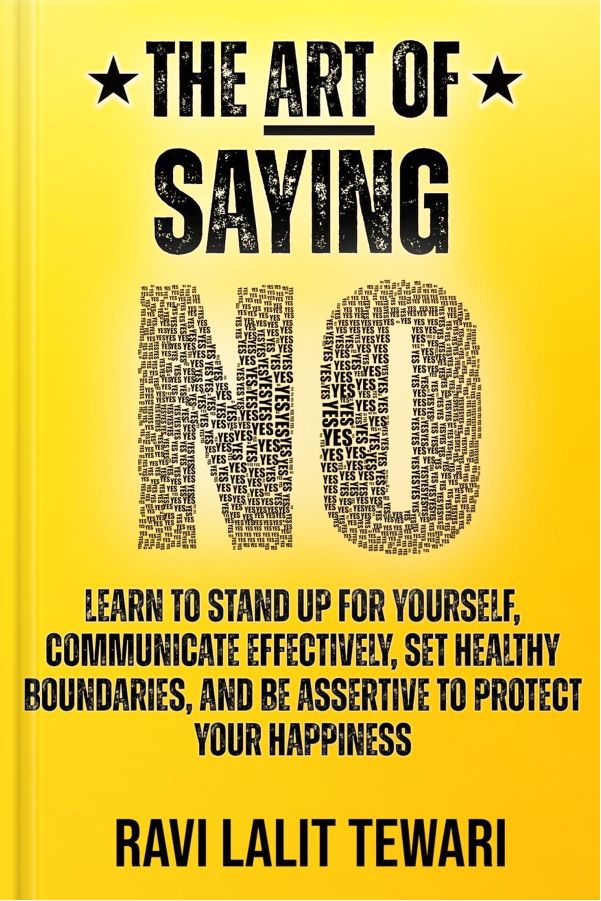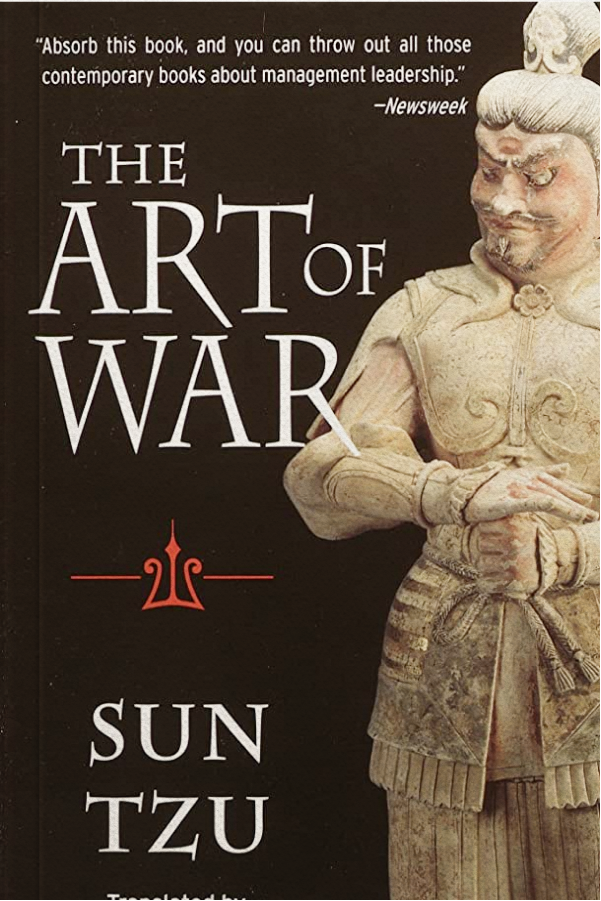
The Art of War by Sun Tzu
1. Choose Your Battles Wisely
Sun Tzu advised:
"He will win who knows when to fight and when not to fight."
This wisdom is about prioritizing and selecting the most effective actions.
For instance, if you aim to cultivate multiple habits, start with the easiest ones. By doing so, you're not overwhelming yourself and gradually transforming your life.
2. The Power of Timing
Sun Tzu emphasized that timing is pivotal, comparing it to a falcon's well-timed swoop, enabling it to strike its prey.
This principle encourages us not to rush but to execute our actions when conditions are favorable.
A well-timed decision can make the difference between success and failure, whether in business or personal life.
3. The Importance of Self-Knowledge and Understanding Others
"Know your enemies and know yourself, and you will not be imperiled in a hundred battles."
This profound counsel from Sun Tzu encourages us to gain deep insight into our strengths, weaknesses, and those of our competitors.
Understanding your market and competitors' strategies can provide a significant advantage in a business context.
4. The Necessity of Unique Strategies
According to Sun Tzu
"All warfare is based on deception."
This does not imply dishonesty but emphasizes the need for distinct and non-obvious strategies.
A business, for example, must differentiate its strategy to stand out in a crowded market.
5. Concealing Your Intentions
Sun Tzu advised,
"When we are able to attack, we must seem unable; when using our forces, we must appear inactive."
This principle suggests that we should not reveal our plans prematurely.
In the business world, a company might keep its product development plans confidential until the product is ready for launch.
6. The Art of Winning Without Fighting
Sun Tzu asserted
"To win 100 battles is not the height of skill, to subdue the enemy without fighting is."
This advice encourages us to achieve our objectives through peaceful means whenever possible.
This could mean outmaneuvering competitors through innovation rather than direct confrontation in a business context.
7. Embracing Change as an Opportunity
"In the midst of chaos, there is opportunity," wrote Sun Tzu.
This principle encourages us to adapt to Change and find opportunities within it.
As the business environment evolves, those who adapt quickly will seize the best opportunities.
8. The Multiplicative Power of Success
Sun Tzu believed that "Opportunities multiply as they are seized."
It suggests that one success often leads to more.
For instance, networking at a conference might lead to new clients, business partnerships, or job opportunities.
9. The Perils of Prolonged Conflict
Sun Tzu cautioned:
"There is no instance of a nation benefiting from prolonged warfare."
This wisdom reminds us to avoid draining resources in protracted conflicts. Instead, we should invest these valuable resources in future growth and development.
In conclusion, the wisdom encapsulated in "The Art of War" is timeless and universally applicable. The principles outlined in this article can guide us to navigate life's challenges with greater wisdom and effectiveness.

